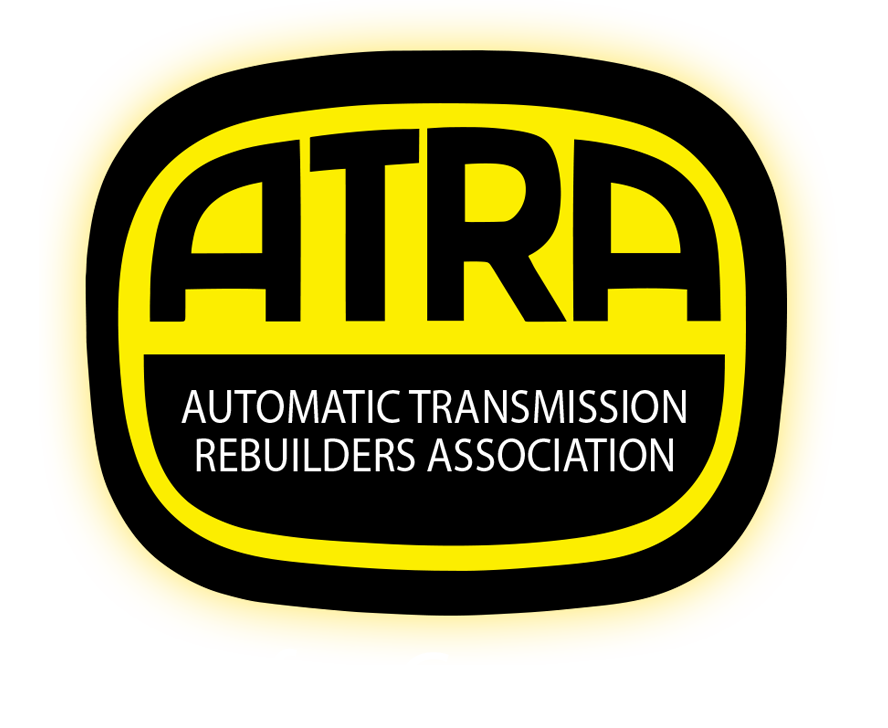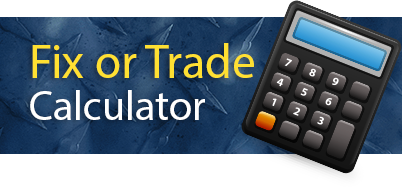What is a Transmission?
Your car's transmission is the most complicated and least understood major component in your car or truck. In today’s cars, the transmission is a combination of sophisticated hydraulics and computer-controlled electronic components.
No one component in your car has more going on inside than your automatic transmission.
The transmission is a mechanical component designed to transmit power from a vehicle’s engine to the drive axle, which makes the wheels drive the vehicle.
By varying the gear ratio, the transmission alters the levels of power and speed to the wheels. For example, in low ranges, the transmission provides more power and less speed; in high ranges, just the opposite is true. This reduces the load on the engine, while increasing the vehicle’s speed and fuel economy.
Some vehicles use a clutch to connect and disconnect the transmission to the engine, controlled through a foot pedal next to the brake pedal. These vehicles have a manual transmission. If your car doesn’t have a clutch pedal, it has an automatic transmission.

If you have to press a clutch pedal and shift the transmission manually, your car has a manual transmission.
Automatic transmissions depend on a special fluid — called ATF — to cool and lubricate the moving parts inside. But the fluid does more than that: In fact, it’s no exaggeration to say that the fluid actually drives the vehicle. So there’s little doubt that the fluid is very important to the transmission’s operation. This is why it’s important to check the transmission fluid level and condition regularly (check your owner's manual) and to have your transmission serviced at least every couple years.
Later model front wheel drive cars also incorporate another major component into the body of the transmission itself: the differential or final drive. These types of transmissions are known as transaxles.

Many cars today have the final drive incorporated in the transmission, to create a transaxle.
Front wheel drive configuration improves fuel economy and handling, and reduces manufacturing costs. But because of the additional components in the transaxle, it’s generally more expensive to repair than a transmission when it fails.
If you have any questions you can e-mail them to ATRA's Technical Department through the Technical Services page or call 1-866-GO-4-ATRA (1-866-464-2872).
To find the ATRA Member shop near you, click the Shop Finder link.




